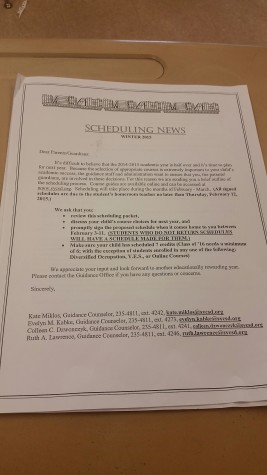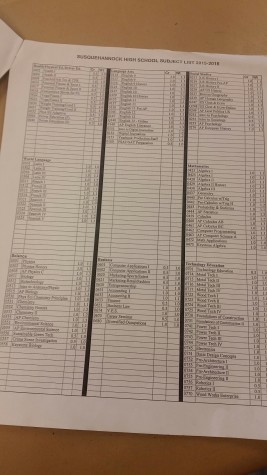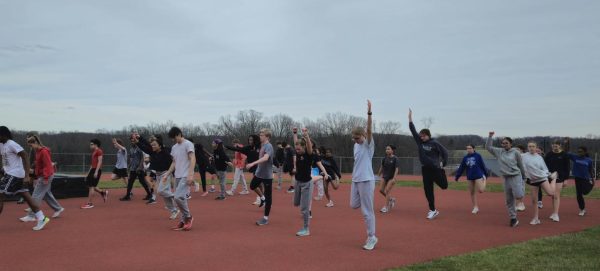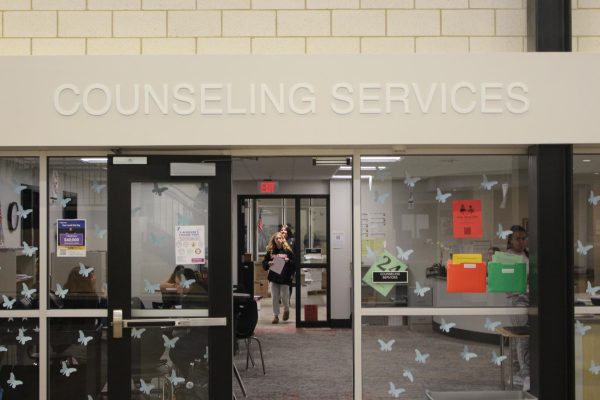Scheduling Advice for Underclassmen
February 18, 2015
Picking classes for the next school year can be both exciting and stressful for freshmen, sophomores, and juniors.

There are many things to consider when picking classes; the required classes to graduate, the classes that colleges might be looking for, and fitting all the credits into four years of high school.
All of this is a lot to think about, especially when students don’t know what they plan to do in the future. One of the first things students need to remember when picking classes is that there are certain classes that everyone needs to take, such as two health and gym classes, four English credits, four History classes, at least three Math credits and many other qualifications.
Thankfully there are plenty of upperclassmen and teachers that can give great advice.
Junior Brigit Duffy loves the week of scheduling because picking classes for the next year is so exciting.
“[The scheduling process] gives you the opportunity to decide on what you want to take in the future, and you can assess how your classes are this year to decide whether you should take more difficult or easier classes next year,” said Duffy.

Junior Shane McQuaid thinks that it is important to get everything out of the way so students are better able to enjoy their senior year.
“Underclassmen should make sure to get all their required classes done, like health and gym,” said McQuaid.
One of the most important things a student has to remember when scheduling classes is to take care of all the classes that are required.
It could be pretty upsetting if a student got to their senior year and realized that he or she still needed an arts class or some other requirement, but didn’t have any more room in his or her schedule.
After the required classes are out of the way a student should think about future plans when picking classes.

Technology education teacher James Rayburn feels that thinking about plans after school is the most important aspect of choosing classes.
“I always advise students to keep their major, or intended major, in mind when they pick classes,” said Rayburn. “What you don’t want to do is to take a class just because your buddy is taking it. There is really no reason unless it applies to your major.”
When students enter college, or decide to take another route like military or employment, it is really going to benefit them to have taken courses in their intended major or other future endeavor.
Having done this, students already will have background knowledge about the subject and will also get a better feel for if they really like the topic or not.
Students should also take hard classes if they think they can handle it.
Rayburn believes that it is important for students to push their limits.
“Challenge yourself, don’t necessarily take something that is not going to help you or benefit you for the future,” said Rayburn. “Take that advanced math class or advanced science class that you’re not sure of; you might find out you like it. Don’t stop challenging yourself.”
Duffy, having prior experience with AP classes, agreed. “I recommend you don’t sell yourself short, and try the harder classes if you think you can handle it,” said Duffy.
When picking classes each year, one of the best things to do is to think about future plans.
If a student does not have a plan for the future, taking a variety of classes in varying interest areas is also a sound opinion.













